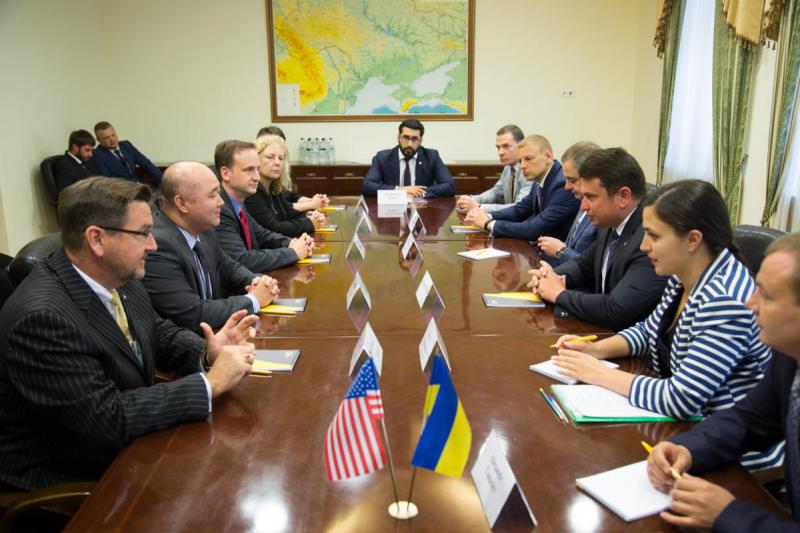This visit is on and off and maybe on again. The meeting is scheduled the same day as the open impeachment inquiry hearings begin.
President Erdogan is angry with the United States due to Congress moving legislation to apply sanctions that would affect Turkey as a result of the invasion into Syria.
Turkey has been threatening Europe, especially Germany with more migrants and Chancellor Merkel capitulated. Erdogan is in fact deporting what he calls ISIS fighters to their home countries including the United States. Stating that Turkey is not a hotel, even if the home country has revoked citizenship, he is deporting them.
Now that Erdogan feels like he is in the driver’s seat, he has been also bombing Iraq as recently as last week.
On Tuesday morning Turkish air strikes targeted Kurdish forces on Sinjar Mountain in northern Iraq.
According to initial reports, the Turkish Air Force struck at bases used by the Kurdistan Workers Party, or PKK, and its ally, the Yazidi Shingal Protection Units.
If Erdogan does meet President Trump it is going to be an interesting session. Trump is slated to confront Erdogan about buying the Russian air defense system and the recent three sanctions that Trump lifted could easily be applied again. Tensions are in fact high.
This is what happened the last time Erdogan was in Washington DC.
U.S. Secret Service agents were among those attacked during the May 16, 2017 protests. Two Diplomatic Security special agents, six U.S. Secret Service officers and one MPD officer sustained multiple injuries, with at least one taken to the hospital.

Just last month, the House of Representatives passed a resolution 405-11 reaffirming the United States’ condemnation of “the killing of 1.5 million Armenians by the Ottoman Empire from 1915 to 1923.”
“Whereas Raphael Lemkin, who coined the term genocide in 1944, and who was the earliest proponent of the United Nations Convention on the Prevention and Punishment of Genocide, invoked the Armenian case as a definitive example of genocide in the 20th century,” the resolution states.
Turkey does not recognize the loss of 1.5 Armenians as genocide.
Meanwhile, a closer look at Turkey reveals the following:
- In Germany, Turkey controls 900 mosques out of a total of 2,400. These Islamic centers not only serve members of the Turkish diaspora, but also stop them from assimilating into German society. Speaking with Turks in Germany, Erdogan urged them not to assimilate, and called the assimilation of migrants in Europe “a crime against humanity.”
- Erdogan has also been expanding Turkey beyond its borders – starting with Cyprus, the Greek Islands, Suakin Island (Sudan) and Syria.
- Mosques, migrants and the military are now Erdogan’s new weapons in his threats against the West.
Erdogan is the head of NATO’s second-largest army; he has spies throughout Europe through a network of mosques, associations and cultural centers; he has brought his country to the top of the world rankings for the number of imprisoned journalists and has shut the mouth of German comedians with the threat of legal action. By keeping migrants in Turkish refugee camps, he controls immigration to Europe.
The worse Erdogan behaves, the greater his weight in Europe. In a 2015 meeting, Erdogan reportedly was “openly mocking” European Commission President Jean-Claude Juncker and other “senior European leaders”, as Juncker asked Erdogan to consider how he was treated “like a prince” at a Brussels summit.
Turkey’s 2018 military budget increased to $19 billion, 24% higher than 2017, according to a report by the Stockholm International Peace Research Institute. Erdogan has placed Turkey’s military — once a bastion of Turkish nationalism and secularism — under his political authority. While Europe is pacifist and refuses to invest in its own security or, like Germany, support NATO’s budget, Turkey is belligerent.
Ever since his Justice and Development Party (AKP) became Turkey’s dominant political force in 2002, for Erdogan, elevating the public role of Islam has been more than a slogan. At public gatherings, the Turkish president has made the “rabia“, a hand gesture of four fingers raised and the thumb hidden, to protest the overthrow of Egypt’s Islamist then President Mohamed Morsi by Egypt’s military. Erdogan evidently sees himself as a global Islamic leader with national elections to win. Through four million Turkish Muslims in Germany and vast communities in the Netherlands, France, Austria and beyond, Erdogan does indeed have enormous influence in Europe.
Erdogan has also been expanding Turkey beyond its borders – starting with Cyprus, the Greek Islands, Suakin Island (Sudan) and Syria. “We are a big family of 300 million people from the Adriatic to the Great Wall of China”, Erdogan said in a recent speech from Moldova. The borders of Turkey, he stated in Izmir, span “from Vienna to the shores of the Adriatic Sea, from East Turkistan (China’s autonomous region of Xinjiang) to the Black Sea”. More here.




